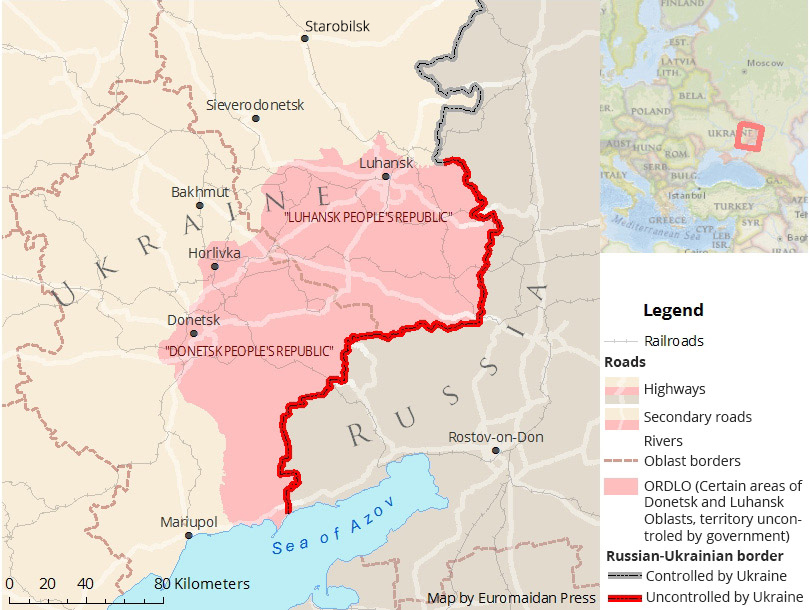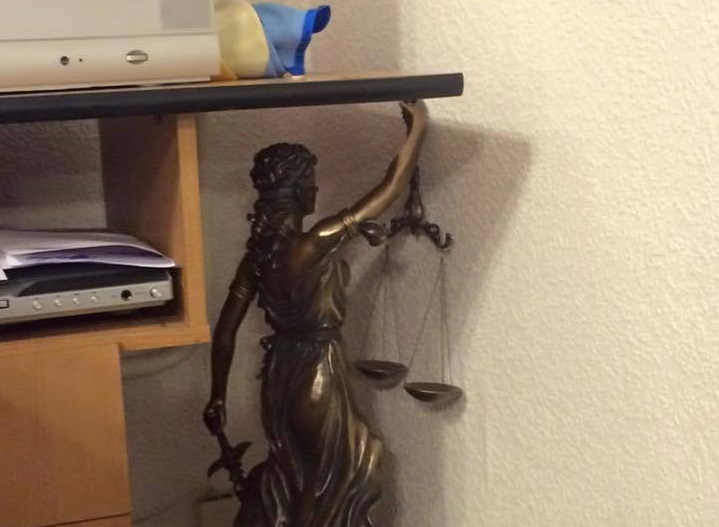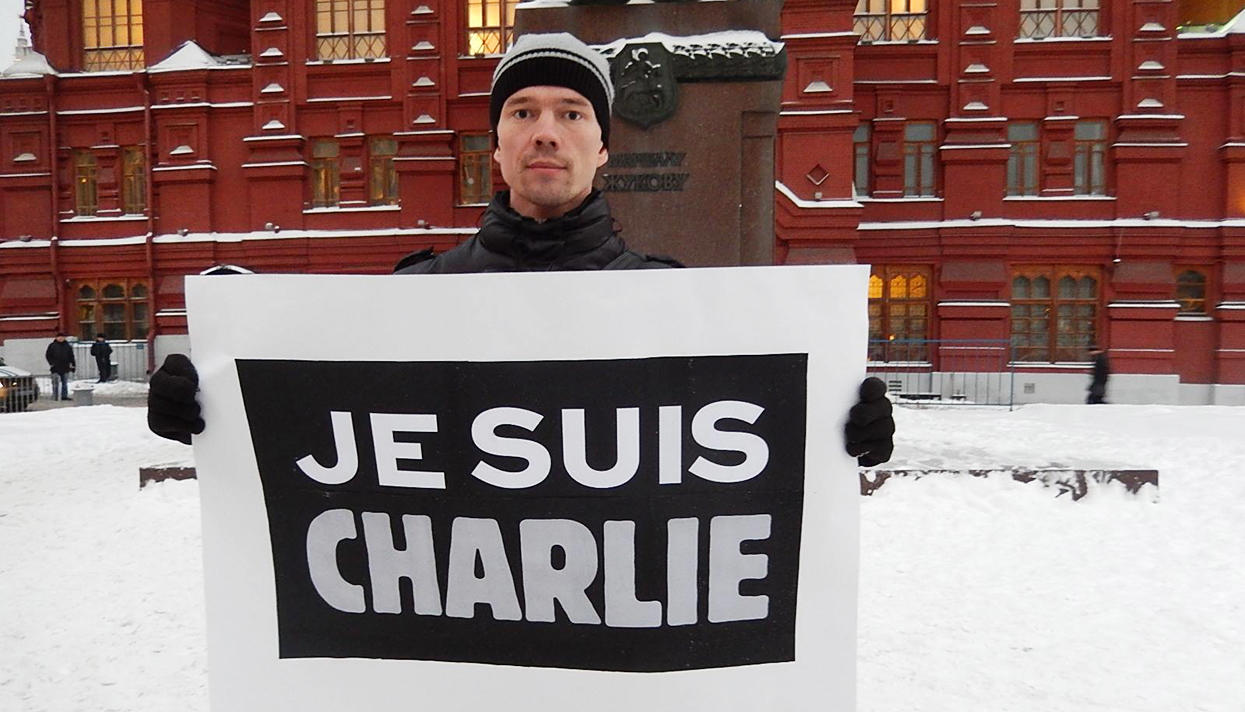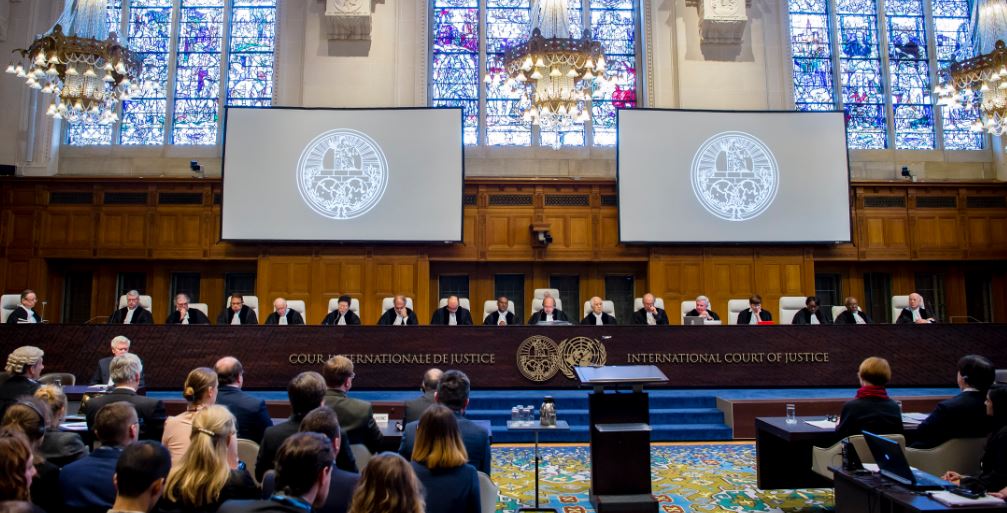The press release of the ECHR discloses the details of the case of Khlebik v. Ukraine. The case concerned the complaint by a man who had been convicted of several offenses by a court in Luhansk Oblast in 2013. The domestic courts were unable to examine his appeal against his conviction because his case file was blocked in an area that Russian-backed militants wrestled out of the control of Ukraine and proclaimed to be the "Luhansk People's Republic."
In its verdict into a complaint filed by Ukrainian national Oleksandr Khlebik against Ukraine, the European Court of Human Rights ruled on 25 July 2017 that there had been no violation of the right to a fair trial within a reasonable time of the European Convention on Human Rights.
Khlebik v. Ukraine case
The complaint was filed by prisoner Oleksandr Khlebik, a Ukrainian national born in 1974, serving a sentence on several criminal charges, including banditry and armed robbery. He was sentenced by the Alchevsk Town Court of the Luhansk Oblast to eight years and nine months in prison. Khlebik's appeal against this conviction was still pending when hostilities started in the Donbas in April 2014. While Khlebik remained detained in the government-controlled Starobilsk remand prison awaiting the examination of his appeal, his case file remained with the Court of Appeal, in uncontrolled Luhansk. When the Court of Appeal was relocated to Sievierodonetsk, another government-controlled city in Luhansk Oblast, Khlebik complained about the delay in the examination of his appeal. The appeal court was unable to examine his case as his file was blocked in occupied Luhansk. He asked Valeriya Lutkovska, the Parliamentary Commissioner for Human Rights, for assistance, but was told that it was impossible to obtain case files from the territory uncontrolled by the Government.
When the Court of Appeal was relocated to Sievierodonetsk, another government-controlled city in Luhansk Oblast, Khlebik complained about the delay in the examination of his appeal. The appeal court was unable to examine his case as his file was blocked in occupied Luhansk. He asked Valeriya Lutkovska, the Parliamentary Commissioner for Human Rights, for assistance, but was told that it was impossible to obtain case files from the territory uncontrolled by the Government.
Khlebik's application about the Ukrainian authorities’ failure to enact legislation allowing for his appeal to be effectively examined was lodged with the ECHR on 18 December 2015.
Oleksandr Khlebik was nevertheless released in March 2016 as he benefitted from a legislative reform which had in the meantime been adopted permitting release of individuals who have served at least half of their sentence while in detention on remand. However, his appeal against his conviction is currently still pending before the Court of Appeal.
ECHR judgment and its aftermath
The Court welcomed the initiatives taken by the Ukrainian authorities to attempt to gather evidence in areas under their control, to solicit the help of the International Committee of the Red Cross in facilitating recovery of the files located in the uncontrolled territory. The ECHR also welcomed legislative proposals intended to facilitate examination of appeals in situations where part of a case file remained unavailable.
This case is the first time the European Court of Human Rights studies a complaint related to Ukraine's loss of governmental control over the occupied territories.
The ECHR noted that in the "Luhansk case," the plaintiff narrowed the possibility of winning himself, since he only complained about the actions of Ukraine, ignoring the involvement of Russia.
"The Court notes at the outset that the scope of its examination of the case is delimited by the fact that the application is directed against Ukraine only (contrast, for example, Ilascu and Others v. Moldova and Russia) [a complaint about Transnistria, in which the ECHR found Russia guilty and responsible for all actions of the Transnistrian authorities - Ed] and that the applicant did not allege that his rights had been breached due to a deficiency in the mechanisms of international cooperation between Ukraine and any other High Contracting Party."
The case Ilascu and Others v. Moldova and Russia was filed by a Moldovan national who was convicted in 1993 and sentenced to death by a court in the Transnistrian region. In this case, the Grand Chamber of the European Court of Human Rights declared:
The Moldovan authorities were responsible for the foregoing violations since they had not taken adequate measures to put a stop to them. In their submission, the Russian Federation shared that responsibility as the territory of Transdniestria was de facto under Russia’s control owing to the stationing of its troops and military equipment there and the support the Russian Federation gave to the separatists.
Read also: European Court of Human Rights ruled Russia responsible for actions of Transnistria
This means Russia may bear responsibility in future cases related to the Ukraine's territories uncontrolled by the government of Ukraine.
As of February 2016, over 2,000 individual appeals regarding the events in Crimea and military actions in the Eastern Ukraine were being considered by the ECHR. On 25 July 2017, Ukrainian Justice Minister Pavlo Petrenko said Ukrainians have already filed about 3,000 cases with the European Court of Human Rights related to the violations of their rights due to the aggression in the Donbas and the annexation of Crimea.
Read more:
- Crimeans and Donbas residents appeal en masse to European Court of Human Rights
- Helsinki Group files suit against Russia with the European Court for kidnapping and abuse
- Stockholm court hands Ukraine victory over Gazprom’s “take or pay” claim: 5 things to know
- Judiciary reform under threat because of the old new Supreme Court
- What Ukraine won and lost at the International Court of Justice
- European Parliament: Russia should free all the illegally imprisoned Ukrainians #LetMyPeopleGo
- EU court confirms Russia supplies weapons to Donbas separatists, upholds sanctions
- Legal war: Ukraine vs. Russia in international courts
- Is Russia finally going to have to pay for its crimes?





